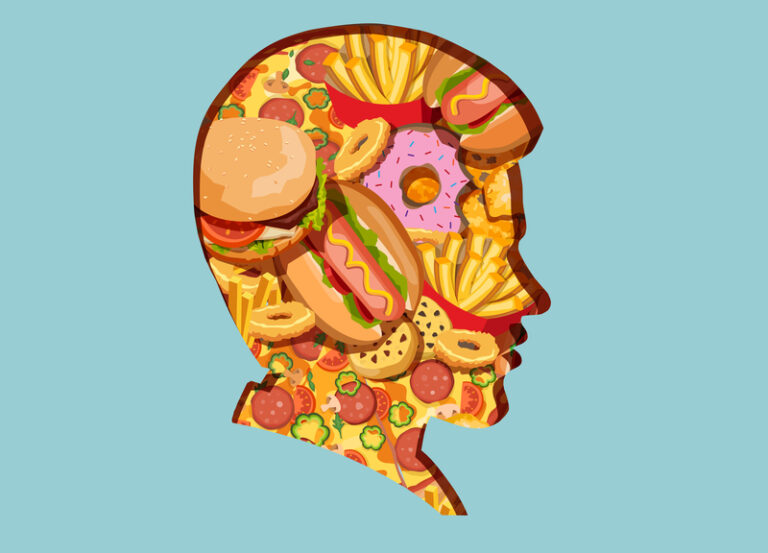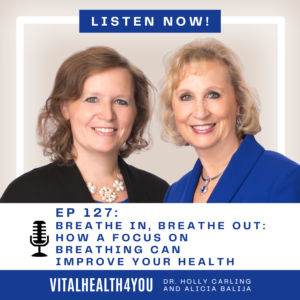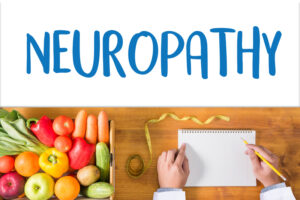Not surprisingly, food addictions are in the top 5 of addictions and addictive behaviors. Why is food so addicting? There are many theories, mostly having nothing to do with willpower.
One theory discusses the sensations of the tongue and how that affects the brain. We are all familiar with the old “sweet, sour, bitter, and salty” sensations of the tongue. While nice, what affects us more is the senses of “Umami” and Kokumi”. Umami is the deliciousness of a food. It is savory, ripe, meaty, and enhances the 4 basic flavors. Meat, dairy products, veggies, fish, oysters and shitake mushrooms give that extra Umami we crave.
Kokumi (or “koku”) is the rich, hearty, “mouthfulness”, thickness, complexity, depth of flavor with a long finish that so satisfies us. This comes from foods with fat and calcium combined, such as butter, cheese, milk, onions, garlic scallops and fish sauces.
One theory holds that as we have eliminated from our diet, we also eliminated umami and kokumi. This has resulted in us reaching for other foods to try to satiate the brain. Sugar/carbohydrates, artificial sweeteners and products with flavor enhancers such as monosodium glutamate. While umami and kokumi both enhance the basic sweet, salt, bitter, sour, without fat, the depth of flavor isn’t there, so we reach for substances to satisfy that. Junk foods fit the bill.
Another prominent theory dominating the field for identifying the reason for food addiction, is that of dopamine response in the brain. Dopamine is a neurotransmitter in the brain that conveys the feeling of pleasure. Sugar increases dopamine, but then, if eaten in excess, dopamine output is overstimulated. In short order, if not regulated by our eating habits, the dopamine receptor sites begin to down regulate. That means you have to eat more and more in order to get the same “happy signal” from the brain. Because there are inadequate levels of dopamine and poorly functioning receptors for it, when you first pull away from an addictive food, you get withdrawal symptoms. Over time, with some consistent work, this can be reversed.
Leptin is also front and center as a reason for addictions. Leptin is a hormone which is stored in the white fatty tissues of the body. It is released in response to already stored fat and energy needs. If you are skipping meals, eating nutrient-devoid foods and/or your leptin levels drop too low, the body thinks you’re in a state of famine and lowers the metabolism to assist you through this perceived famine. The lack of energy prompts you to start eating to restore those levels. Unfortunately, most seek the sugar-laden foods, furthering the problems.
All these and more contribute to food addictions.
©2016 Holly A. Carling, O.M.D., L.Ac., Ph.D.







